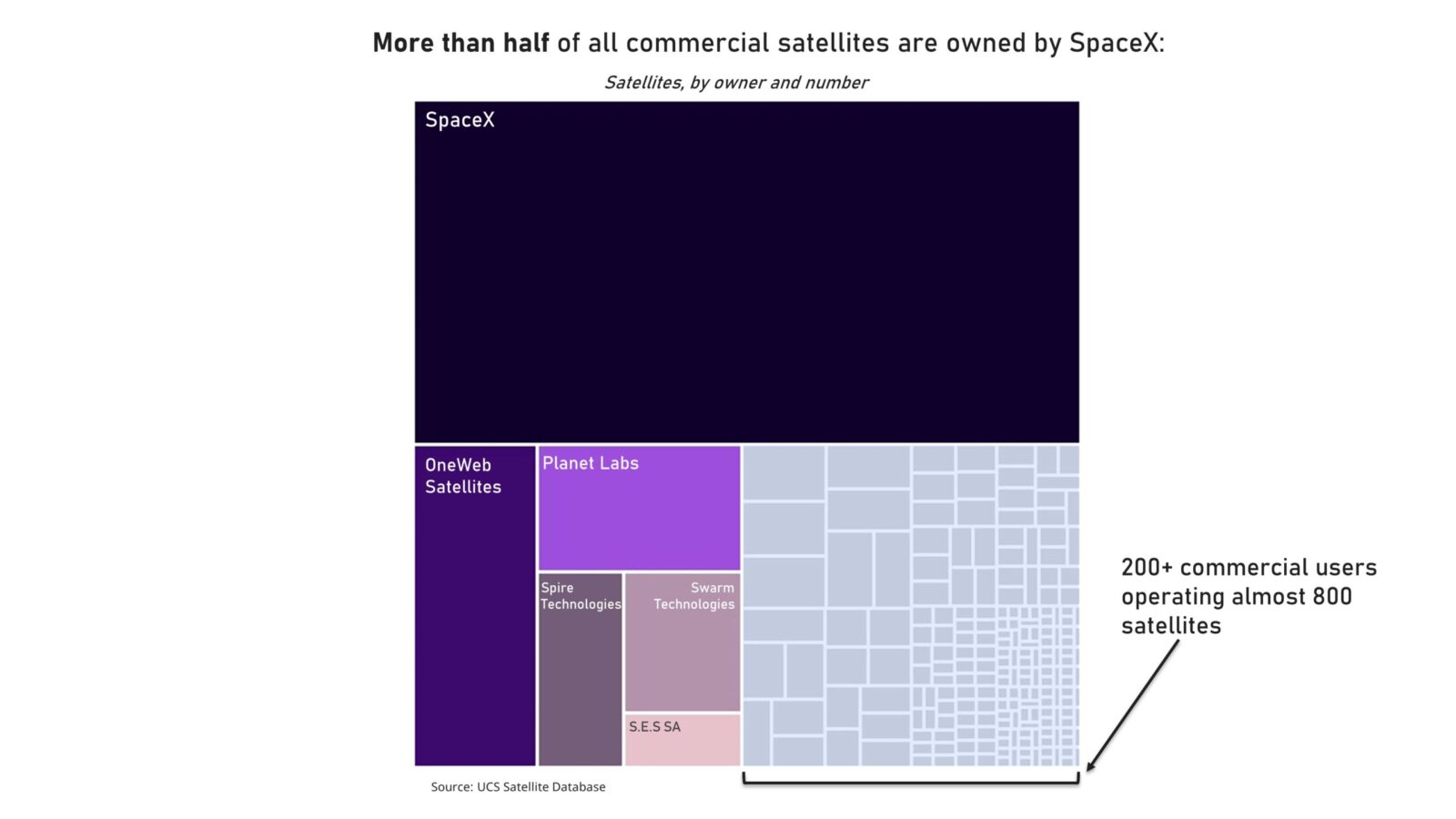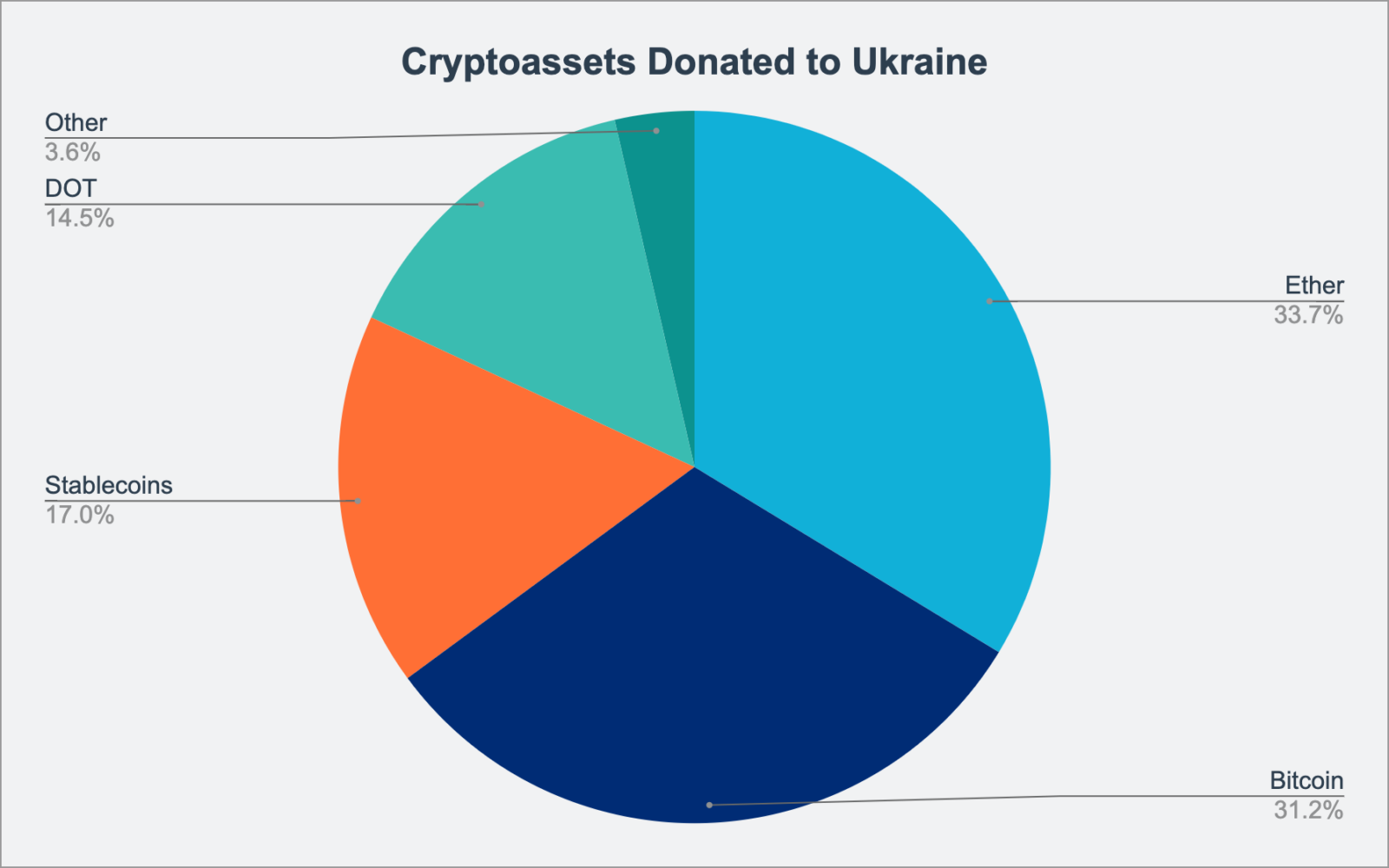How Russian Sanctions Will Affect G-7 Countries
The global supply of commodities — particularly Russian and Ukrainian exports such as crude oil and cereals — is at risk. G-7 members have unanimously chosen to impose sanctions on Russia, but the direct impacts of reduced trade with those countries may be weaker than some might imagine.
In aggregate, G-7 nations have a low reliance on Russia and Ukraine for most commodity imports. In 2020, for example, member countries imported only 2% ($97 billion) of their total commodity imports from Russia and Ukraine. The Ukraine crisis has put the supply of these commodities particularly at risk, and countries such as Germany have already begun cautioning businesses and households to reduce their gas consumption. Furthermore, the other commodities that G-7 countries import from Russia and Ukraine largely consist of key raw materials such as fertilizers and aluminum. Downstream impacts are already being felt in G-7 economies, which will only intensify in the coming months.
Compounding the impacts of reduced commodity supply are the cascading effects of logistics constraints and increased energy prices. Tanker rates, for example, have increased as much as 240% since the crisis. Such trends are expected to further accelerate commodity price hikes. Ultimately, the effects of the Ukraine crisis on the commodity market will continue to have implications for G-7 countries in the foreseeable future — directly or indirectly.




